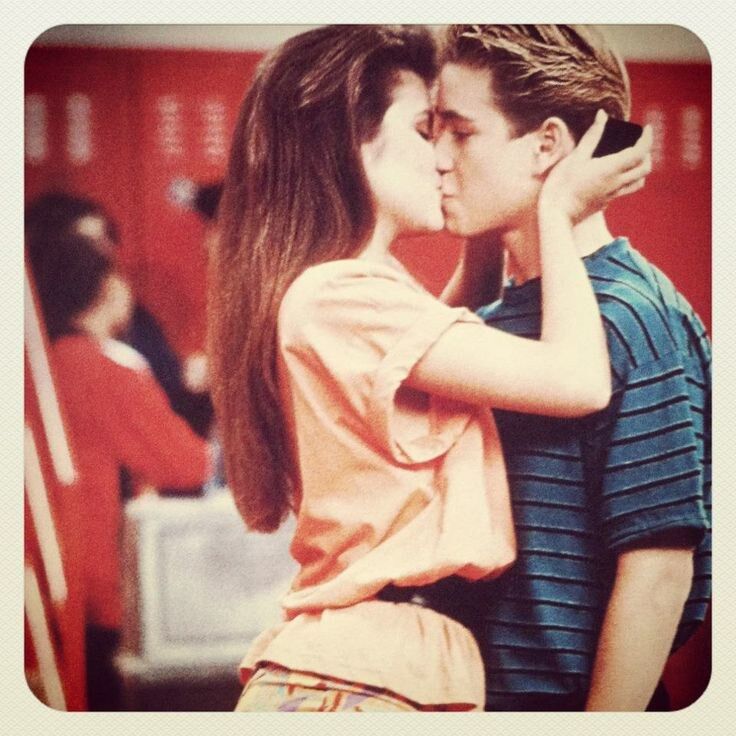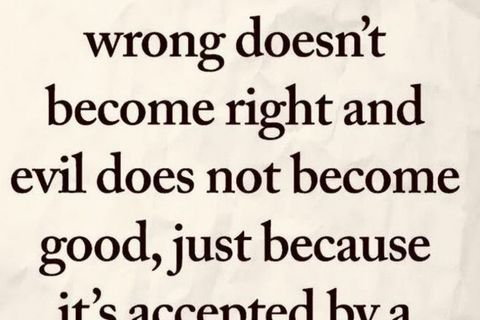Teach love learn love

Too weird
Grief is by love
and gift is from Love
managed by great”
for two by fate.
it's an amazing satisfaction,
when given to loving”
It too gives back’
Just like feedback”
Much positive reaction.
Heaven's love you'll fine above”
so much’ that you'll see love”
As the best thing’ between any two,
always the most’
wonderful thing two can do”
So school each other”
of a thing’ or two.
for tomorrow if not together”
and now a new you”
and to you’ I'm new too
Then Us two”
With our backs to the past”
Now we sing’ the new forever last, knowing we can't go back,
to go give thanks’
to whom” we learned it in the Past.
Support CosmoFunnel.com
You can help support the upkeep of CosmoFunnel.com via PayPal.







Comments
I have such a difficult time following your poetry because of your constant misuse of "too" and "to", Joey.
If it weren't for that I would read so much more.
I hate to be "preachy" here or come across as a know-it-all. That's not my purpose for telling you this.
You have talent. You just need to use the appropriate wording.
Just to be clear: two is pronounced the same as to and too, but it can’t be used instead of either of them because it’s a number.
In the hierarchy of things that drive grammar sticklers like me mad, to and too are near the top. It’s very common to see them confused, abused, and misused.
People seem to mix up these two funny little words all over the place, and it’s something that can happen to anyone.
How to Use To:
To is a preposition and a versatile little word that can be used to say many things. You can use it to indicate a goal or a direction of movement, as well as a place of arrival. That’s the way you use it when you say you’re going to class tomorrow. To also plays a role when we want to indicate that a verb is an infinitive.
You’ll often use to when you want to indicate a relationship between words, relationship like possession, attachment, and addition. You get attached to people, you have things that belong to you. To is also used to indicate a range or a period of time, like when you say it will take you five to ten minutes to finish something.
There are other things for which we use the word to, but by now you should know enough of them to make sure you notice the difference between it and too.
How to Use Too:
Too is also a useful little word, but it’s not a preposition like to, and it doesn’t have as many meanings. You can use it instead of “besides,” “in addition,” “also,” or “as well.” But you can use it for other things, too, like when you want to indicate excessiveness. If you find grammar tough, you can say that it’s too hard. In casual speech, speakers sometimes use too in the sense of “very”: That gal is too funny!
To, Too, and Two
Apart from being spelled very similarly, to and too are pronounced the same—[too]. And there’s another word that’s also pronounced that way: the number two. We call words that share a pronunciation homophones, and if you take a look at any list of commonly confused words, you’ll find plenty of homophones on it. Words like there, their, and they’re, your and you’re, and bear and bare are up there, along with to, too, and two. It doesn’t matter whether the homophones have different meanings and uses or if they are in completely different word classes; we still mix them up.
The only way to fix this is to repeat over and over again what each of the homophones means so that people who don’t know it get the chance to learn. For those who know the difference, a few minutes of proofreading should fix the issue.
How to Remember the Difference Between To and Too:
Since they are pronounced the same, you don’t have to worry about mixing up to and too in speech. It’s writing that creates problems. But there’s an easy way to make sure you’re using the correct word. Because to can be used in more ways than too, it’s easier to remember that too can be replaced with “also,” “very,” or “excessively.” If you’re not sure whether the to you’ve written should actually be a too, try replacing it with one of those substitutes. If it works, you’ve made a mistake. If it doesn’t, you’re good. You can do the same to make sure that your toos are indeed toos and not tos.
Hope this helps!
~Dean
No you are not doing anything wrong. If anything your helping and im asking. Your opinion matters to me. You mr Taylor YOU guys arw mentors to me. And i hate it wen i read othes poems and spelling is wrong. If you new me u will see the hard work i out into each one. I spell check it all . but tells me i5s ok. And i tried it mysrkf manually . i have not jyst problems with to or too ..also dare there their and im traying but im so sorry for ruining your readin. I can imagen yiur frustration. Some poems are easier bevayse i try so hard to find a way to skip those words i hate.but ill continue and ill go back and fix it . thsnk you please tell me evrtime i make mistakes cuz the point is to improve not stat the same its embaracing thanks mr kuch. God bless
Thank you for your gracious response, Joey.
Our spell checkers don't always catch homophones because, technically, they aren't misspelled.
Take "your" verses "you're", for example.
You're is a contraction, or the combining of two words, you & are.
Anytime you can use "you are" in place of "you're", you know you've got it right.
For example: I heard your going to the concert.→This is incorrect. "Your" here should be "you're". I heard you are going to the concert, or; I heard you're going to the concert.
See what I mean?
The word "your" shows possession.
This is yours.
Yours is the best one in the contest.
I love your writing.
Now, try to insert "you are" into anyplace where "your" appears in the above sentences...
This is you are's.
You are's is the best one in the contest.
I love you are writing.
It just doesn't work.
That's how you learn to tell the difference.
~Dean
[To] Too weird
Grief is by love
and gift is from Love
managed by great”
for two by fate.
it's an amazing satisfaction,
when given to loving”
It [to] too gives back’
Just like feedback”
Much positive reaction.
Heaven's love you'll fine above”
so much’ that you'll see love”
As the best thing’ between any two,
always the most’
wonderful thing two can do”
So school each other”
of a thing’ or two.
for tomorrow if not together”
and now a new you”
and to you’ I'm new [to] too”
Then Us two”
With our backs to the [pass] past”
Now we sing’ the new forever last, knowing we can't go back,
to go give thanks’
to whom” we learned it in the [Pass] Past.
Got it.. Ill keep on it.. Thanks mr kuch.